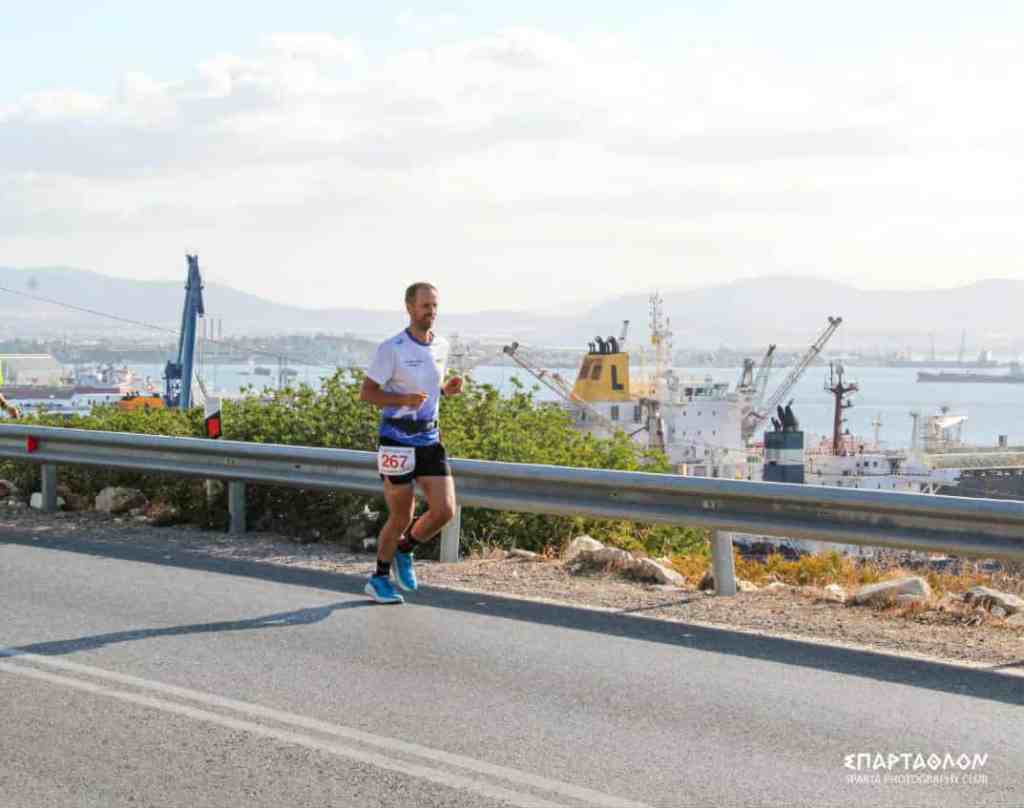October 9, 2025
By Lawrence Sharrett
1000+ Words
This is a reflective essay about the intersection of mental health, running, and the psychology of runners. Many runners go by this motto: “I started running for my mental health. Now I run because my mental health depends on it.” Running is a great supplement for helping a person process many emotions in life. Here are a few thoughts about why running, or any exercise, is a worthy mental health supplement.
DNF or NNF?
The global running community could begin to use NNF (Never NOT a Finisher) instead of DNF (Did Not Finish) when categorizing runners and races. Here’s why.
My friend, Volodymyr Snihur, ran like a champion in the recent Spartathlon 2025, an elite ultra marathon of 245 kilometers from Athens to Sparta with a time limit of 36 hours. He dared greatly. He endeavored to achieve something that humanity views as nearly impossible. This is something the human body is not capable of doing without years of proper training.
To be clear, Volodymyr is a naturally-gifted runner. He has loved to run for 5 years now. So this already puts him in a strong position for achieving high running goals.
However, even Volodymyr admits that when he started running trails in 2020, he was winded and challenged with a 3 kilometer run. This is something every beginning runner will benefit from remembering. Everyone starts somewhere when it comes to taking care of themselves. It may be running, walking, swimming, other sports, or other activities, as the choice depends on the interest and capacity of the individual.
Running Mini Marathons
And though we all achieve progress and balance at different levels, we are all “running” mini marathons of some sort as a way to balance our personal and professional lives. The desire to feel well, strong, or healthy is something innately human, whatever our circumstances. What we reach for or push ourselves to accomplish varies in ways that need to be respected by every individual.
For some, the running world can be intimidating, something too far out of reach for those who lack energy, feel discouraged, or just can’t find a way to take the first steps, or to retake the first steps of exercise.
For others, the running world may be seen as a mountain to climb toward something greater [physical or mental health, strength, better…], a competitive edge per se that inspires and motivates the runner to achieve more and to continue to hope and believe.
For some, running is something to do in moderation, as exercise, but not something to do excessively.
We all want to be well, and we all enjoy a sense of accomplishment and recognition for hard things. We all like to be “seen” for some things in our lives.
The Finish Lines of Life
Running, or any form of exercise, is a remarkable accomplishment no matter how big or how small it is. For anyone who doubts this, go cheer for some people who are finishing something hard and observe the emotions within. Even the less driven people in society can be moved to tears by watching people reach finish lines for hard things.
When it comes to reaching finish lines, or not reaching finish lines, there is something deeply personal to consider. For many, but not all, accomplishment, identity, and purpose are interconnected. Not accomplishing something one believes to be important can be a personal let down. We may feel like we let ourselves or others down for one reason or another.
One way around this is to avoid hard things, but human wiring for generativity often cannot accept this. Instead, human wiring motivates the individual to choose its challenges within reason as a way for life, a path toward progress and fulfillment. This is the story of history.
Did He Make It to the Finish Line?
In the running world, the term DNF means “Did Not Finish.” This basically is how all runners who do not cross the “finish line” are categorized, a DNF.
This DNF has been particularly disturbing to me this past week. My friend completed 3+ of the 6 marathons required to “complete the Spartathlon.” That is a distance of over 130 kilometers out of a total of 245 kilometers.
He had to stop running because of his body, not because of his mind. A Baker’s cyst made him pull up, disappointed, frustrated, and sad to not reach the “finish line” of the race. While all of us who were cheering him on also hurt with him and with his disappointment, we were incredibly proud to be alongside him for this goal. In fact, we could not have been more proud of what he achieved.
With incredible mental and physical fortitude, he still went to the finish line in Sparta with his support team of family and friends to see others “finish” the run.
I believe the experience of being at the finish line left an impression on him that will keep him going to the next race and the next race and on and on.
We will see this giant example of resilience bounce back from what the running world calls a DNF. This is the very reason why I believe DNF does not accurately capture the reality of what Volodymyr and other runners experience.
The Essence of Inspiration
The people who run for high goals, along with all who dare to reach for hard goals in life, are not DNF people, by any means. At the intersection of what the world might call “failure” and what others might call “daring greatly,” these people embody the essence of inspiration.
They are NNF’s (Never NOT a Finisher) who inspire the world to believe a little more, to reach a little more, to achieve a little more, and to experience the personal and collective triumphs of daring greatly.
May we learn from these kinds of examples. May we watch for these examples in our societies. May we allow ourselves to be open to the experiences they inspire in us.
Volodymyr, thank you for allowing us to cheer you on. Keep going, whatever that means for you.
You are a hero who is not letting us down; you are a hero who is lifting us up to new communities and new commitments of excellence.
*For anyone interested in joining “Colloquy Communities” for the second “Colloquy Stories” group discussion with Volodymyr, he will be joining us on November 26, 2025, at 20:00 Greek time. To register for this session, email: colloquycommunities@gmail.com



